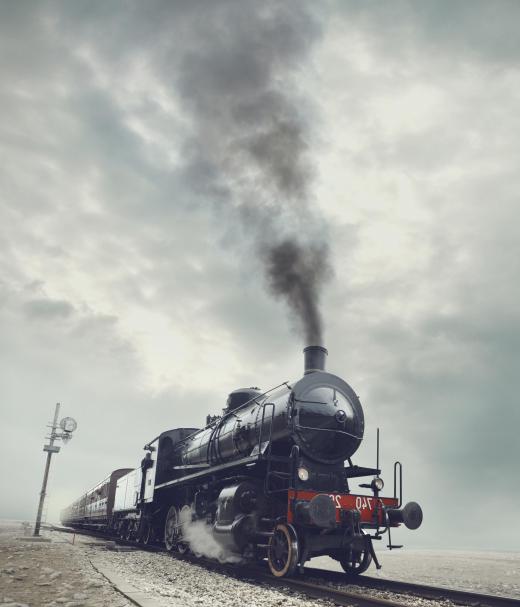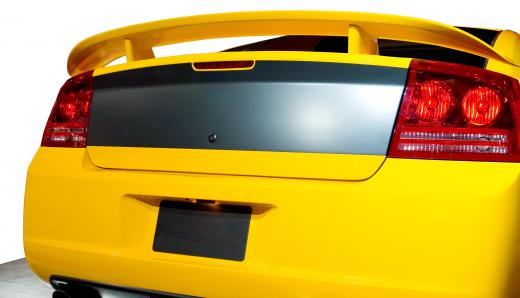Sometimes it seems like everything comes in three versions: basic, advanced and "bells and whistles." In marketing terms, a product arriving with all the bells and whistles usually denotes the top of the line, packed with all sorts of non-essential but useful add-ons and upgrades. The term is frequently used to describe high-end electronic products designed specifically for customers who can afford instant upgrades. These extras may be features with limited but useful applications, such as an improved audio system or increased memory capacity for a high-end personal computer.
Sometimes the term "bells and whistles" can be heard while shopping for a new car or house. The vehicle featured on a car dealer's lot, for example, may only be equipped with the manufacturer's standard features. The customer might want to negotiate with the dealer to obtain a similar vehicle with all the available extra features. This could mean the addition power windows and door locks, a sunroof, a rear spoiler, a CD player, cruise control or even heated cup holders. A new home may come complete with bells and whistles, such as an alarm system, a centralized control unit, state-of-the-art kitchen equipment or a heated driveway. These may not be strictly necessary, but they do serve as attractive gimmicks to entice consumers.

The origin of the phrase appears to be American, although few sources agree on the original device which inspired it. Some believe it refers to the literal bells and whistles found on trolley cars and passenger locomotives of the 19th century. Having both as warning devices may have appeared to be overkill, but some passengers and bystanders could have felt safer knowing all of those devices were present.

It is also possible that the phrase has a military origin, as in the naval tradition of piping visitors aboard and using bells as warning devices. More likely, however, the first bells and whistles belonged to either carnival calliopes or theater organs, both of which featured a number of extra ones that were rarely used but still quite ornamental and attractive. The idea of going over the top with expensive or largely ornamental accessories may have been inspired by the garish sight of a fully-outfitted theater organ or calliope.

